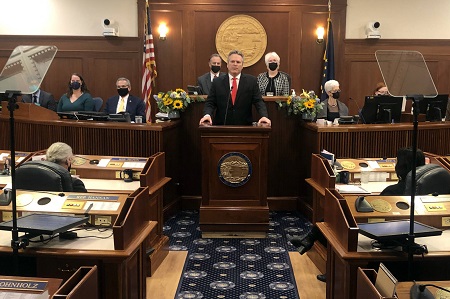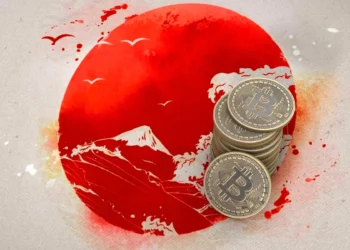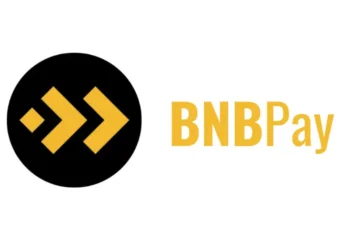A new rule amending Alaska’s money transmission laws now includes virtual currencies among the money transmission activities that are subject to regulation.
Firms dealing in digital currencies will be required to obtain an Alaska money transmission license starting January 1, 2023. This rule applies to companies that move virtual currency to, from, or within Alaska.
According to a report, the updated regulations also stipulate that virtual currency is a legal investment, but only to the extent of a licensee’s virtual currency commitments to its users. Virtual currencies will be covered under the definition of money value and the list of permitted investments.
Even before the legislation, platforms that dealt with cryptocurrencies were required to obtain an Alaska money transmission license. However, the previous version of their Limited Licensing Agreement (LLA) with DBS expressly prohibited the concept of virtual currencies.
According to the report, “virtual currency” is broadly defined by the DBS as a digital representation of value that is used as a medium of exchange, a unit of account, or a store of value and is not money, whether or not it is denominated in money.
Affinity and rewards programs, as well as digital tokens used in online games, are excluded from the term if specific requirements are met.
The requirement to file a license application for an individual involved in money transmission activity requiring virtual currency is the most evident effect of this move, which will take effect on January 1, 2023. Alaska is still one of the states that exempts investors’ capital gains from taxation.
If you would like to read more news articles like this, visit DeFi Planet and follow us on Twitter, LinkedIn, Facebook, and Instagram.
“Take control of your crypto portfolio with MARKETS PRO, DeFi Planet’s suite of analytics tools.”





















